Google announced yesterday its plan to effectively eliminate phrase and exact match keywords. This action can only be viewed as a money grab and reiterates how little advertisers can trust Google and how all marketers must diversify their digital marketing channels. Wordstream’s assertion that this change only affects 3% of advertisers simply demonstrates how poorly 97% of AdWords accounts are run. Don’t buy into the unadulterated bullshit Google is spewing about how close variant means simply misspellings, a missed apostrophe, or plurals.
Close variants include related keywords that can directly impact how you are targeting a keyword. Clearly “real estate marketing” is vastly different from “real estate market” and “email marketing management” (a tool) is different than “email marketing manager” (a job). Google’s latest change is bad news for advertisers.
But, this is the world we live in. Google is THE dominant player in search and mobile and one of the dominant players in display. Due to its size, Google continues to make changes that force advertisers to waste money. Not long ago Google forced advertisers to target their mobile network. Fortunately, Google provided an out where advertisers could adjust mobile bids by -100%. There is no such out in Google’s latest change. Advertisers are unwillingly going to spend recklessly and be forced to retroactively add negative keywords. I have little faith that Google will reimburse advertisers for “close variants” that significantly miss the mark.
Yes, we can combat Google’s most recent act of blatant disregard for its customers with negative keywords and search term reports, but what happens next? How do we respond if Google takes away search term reports? How do advertisers respond if Google no longer provides data on keyword or search query performance – if Google in effect becomes a black box of spend and impressions similar to the traditional media it envies?
Google is in this position because it is the best search engine for consumers, provides the best advertiser solutions, and offers the best free analytics solution. Regardless, advertisers need to identify new channels to spend their marketing budgets and become less reliant on Google for demand generation. If you are only running digital marketing campaigns on AdWords, find your least efficient campaigns and move them over to Bing. Take 20% of your worst performing AdWords budget and run title-targeted LinkedIn Sponsored Update campaigns. Build your account targets with BuiltWith, SpyFu, and other similar tools. Build your email database with sponsored content and email lists. Google is vast, but it is not the only option.
At Obility, we will proactively add negative keywords to campaigns and ask our clients to voice their displeasure to their Google reps. We will also highlight blatant examples where close variant is anything but close. We have universally run campaigns with the option for close variants turned off, and so we are in a great position to notice an immediate impact. Lastly, we will continue to encourage our clients to test other channels and recognize where AdWords is inefficient. We recommend all advertisers do the same.

